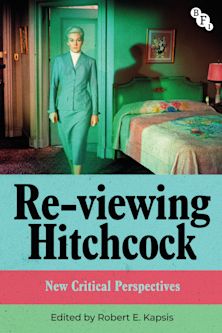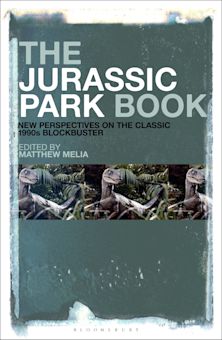- Delivery and returns info
-
Free US delivery on orders $35 or over
Description
From cabaret songs inspired by Buster Keaton to Mickey Mouse's diagnosis as a “melo-maniac,” Weimar Slapstick and Hollywood Comedy Transformed explores the extraordinary appeal of American slapstick, cartoon, and screwball comedies during and after Germany's Weimar Republic. Bridging two crucial sites of interwar modernity, Paul Flaig offers a fundamental reassessment of Weimar culture, Hollywood comedy, and their intertwined legacies.
Through a series of comic pairings-including Harold Lloyd and Curt Bois, Felix the Cat and psychotechnics-Flaig investigates the aesthetic, political and sexual forces that shaped Weimar Germany's fascination with American film comedies, as they were taken up and transformed by German filmmakers, philosophers, advertisers, artists, and politicians. Examining a wide range of sources-including films, manifestoes, arts journals, feuilletons, and trade press reports-he underscores the essential and diverse contributions of Weimar culture to our understanding of these comic laboratories of modernity.
Table of Contents
Acknowledgments
Introduction
Chapter 1- The Tramp Re-functioned: On Brecht and Chaplin
Chapter 2- A German (Jewish and Queer) Harold Lloyd: Curt Bois and the White-Collar Worker
Chapter 3- “Dada Buster”: Laughter, Technology and Androgyny from the Great Stone Face to the Weimar Avant-Garde
Chapter 4- From Caligari to Mickey: Animation Aesthetics, the Comic Uncanny and American Cartoon Humor Abroad
Chapter 5- Felix the Psychotechnical Cat
Chapter 6- Walter Benjamin versus Capracorn
Coda
Product details

| Published | Oct 02 2025 |
|---|---|
| Format | Hardback |
| Edition | 1st |
| Extent | 304 |
| ISBN | 9781350439153 |
| Imprint | Bloomsbury Academic |
| Illustrations | 30 bw illus |
| Dimensions | 9 x 6 inches |
| Series | World Cinema |
| Publisher | Bloomsbury Publishing |
Reviews

ONLINE RESOURCES
Bloomsbury Collections
This book is available on Bloomsbury Collections where your library has access.


































